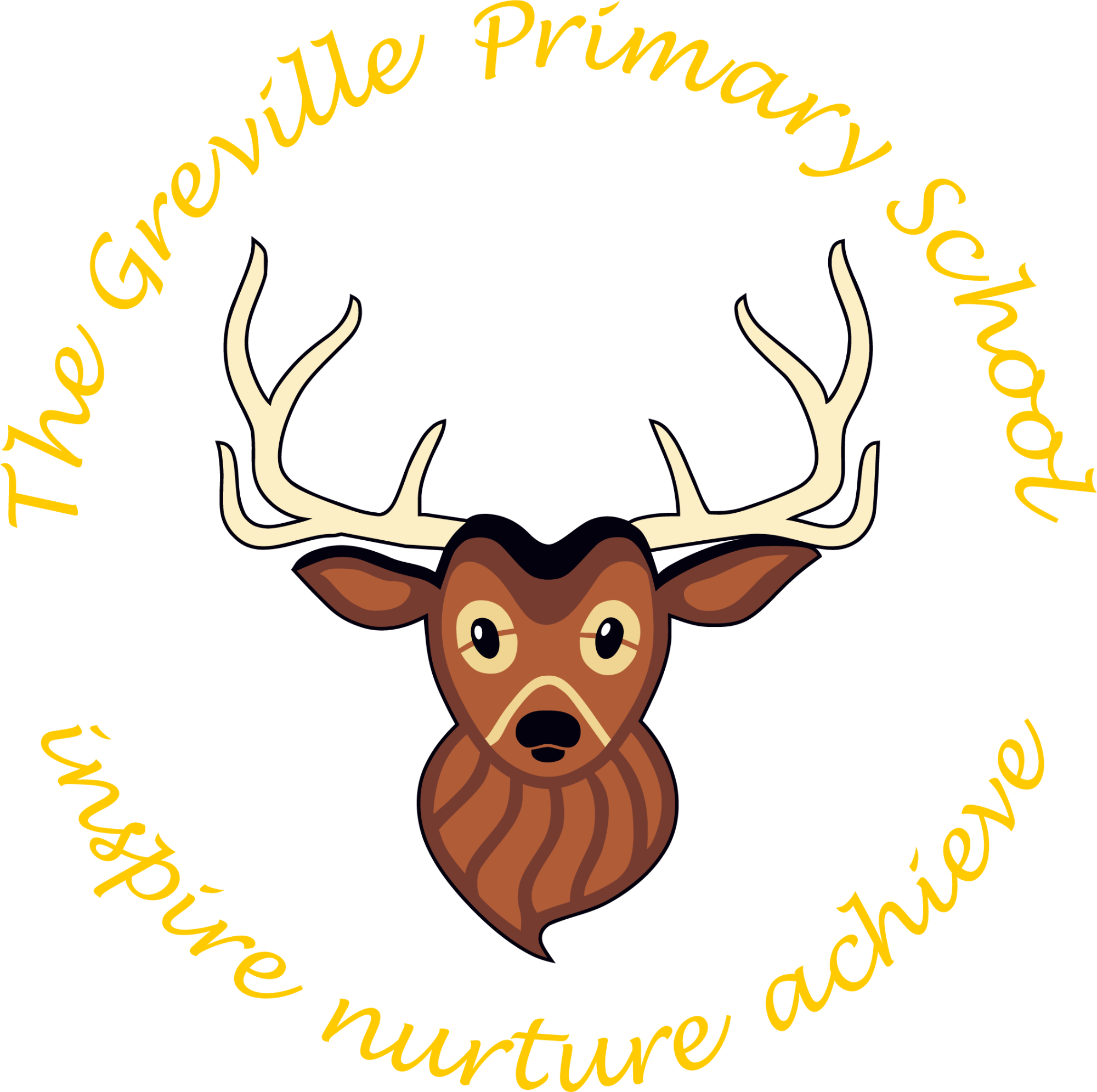Forest School
Inspire, Nurture, Achieve
We strive to inspire children to connect with nature throughout their lives. They are nurtured to show respect for themselves, each other, and the environment through meaningful outdoor learning experiences. Our Forest School supports children's right to play and explore, encouraging curiosity during regular sessions. Positive well-being and enhanced self-esteem come from guided, self-led learning.
Implementation
Every session begins with a focus on ‘staying safe in the woodland’. This safety education is reinforced with each new skill and activity. Children build their knowledge and practical skills over the years, focusing on exploration, den building, tool use, and fire lighting.
Through first-hand experience, children learn about values and their connection to nature. Working on projects, either alone or with others, helps them grow in resilience, kindness, confidence, well-being, and respect for themselves and the environment.
By caring for the woodland, children learn to be global citizens who value their surroundings and its inhabitants.
Forest School is inclusive and benefits learners of all ages and abilities. It is holistic and child-led, with teachers facilitating children’s interests to help them achieve their learning goals.
Children have access to relevant reading materials that support their outdoor learning, including books on birds, minibeasts, trees, and animals.
Impact
Through connecting with nature, children will develop a lasting respect for themselves, each other, and the natural world. Forest School impacts children in the following ways:
- Confidence: Children gain the freedom and space to learn and demonstrate independence.
- Social skills: Team activities help children understand the impact of their actions on peers.
- Communication: Sensory experiences promote language development.
- Motivation: The woodland intrigues children, enhancing their interest and concentration.
- Physical skills: Children develop stamina and improve gross and fine motor skills.
- Knowledge and understanding: Children develop an interest in and respect for their natural surroundings.

